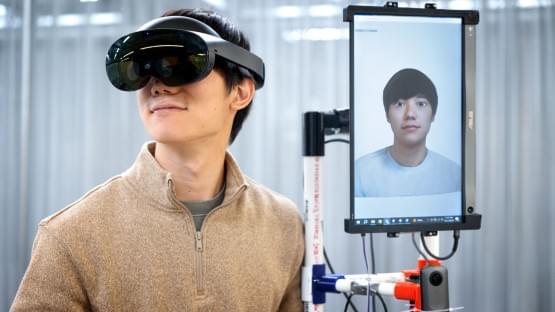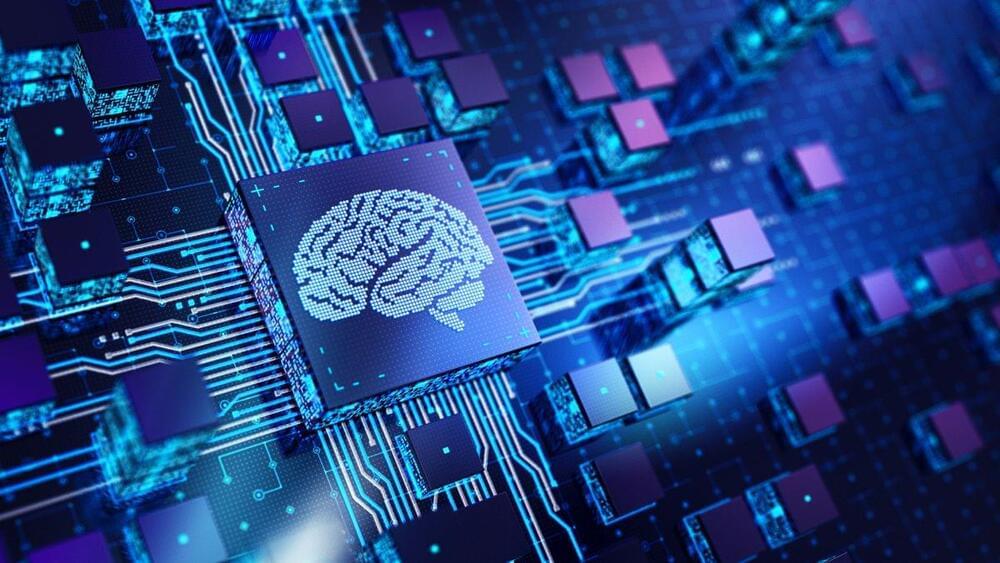Researchers from Cornell and Brown University have developed a souped-up telepresence robot that responds automatically and in real-time to a remote user’s movements and gestures made in virtual reality.
The robotic system, called VRoxy, allows a remote user in a small space, like an office, to collaborate via VR with teammates in a much larger space. VRoxy represents the latest in remote, robotic embodiment from researchers in the Cornell Ann S. Bowers College of Computing and Information Science.





